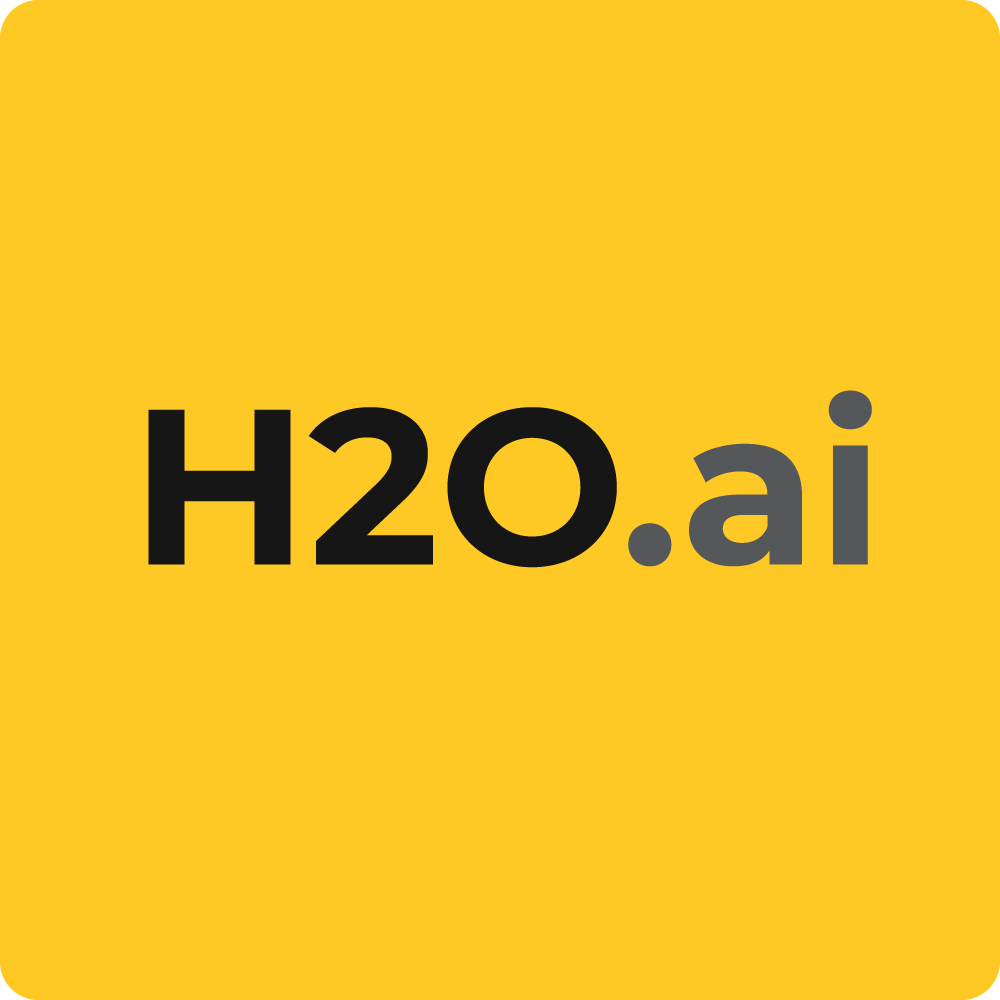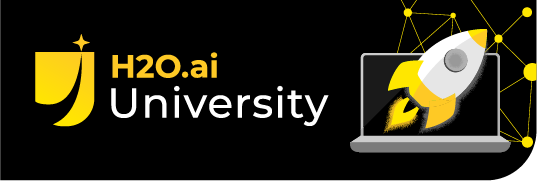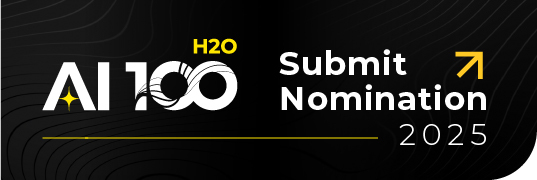-
Platform
Generative AI
- Why H2O.ai
- Enterprise h2oGPTe
-
Open Source h2oGPT
Customize and deploy open source AI models, create your own digital assistants and business GPTs.
- H2O Danube3
-
H2OVL Mississippi
Open weight small vision-language models for OCR and Document AI.
- H2O Model Validation for LLMs
- H2O LLM Studio
- GenAI App Store
- Solutions
-
Customers
- Partners
-
Resources
- Events
-
Company
BLOG
PyData Dallas 2015

By H2O.ai Team | minute read | May 04, 2015

H2O was in attendance last week at PyData in Dallas, Texas. Our CTO, Cliff Click, spoke at PyData about driving H2O from Python to perform feature-engineering, group by, quantiles, and model building with H2O’s GBM, GLM, and Distributed Random Forest .
We met a lot of great people and we are really excited to see the enthusiasm for H2O with Python. We want Python users to be able to use H2O efficiently and smoothly, so it was fantastic to get feedback from the PyData attendees.
H2O is a high-performance modeling engine that makes the transition of models from development to production seamless. H2O supports many popular interfaces, including R , javascript , Spark , and now Python.
The H2O python module is not intended as a replacement for other popular machine learning frameworks such as scikit-learn, pylearn2, and their ilk, but is intended to bring H2O to a wider audience of data and machine learning devotees who work exclusively with Python.
H2O from Python is a tool for rapidly turning over models, doing data munging, and building applications in a fast, scalable environment without any of the mental anguish about parallelism and distribution of work.
Thanks to everyone for coming out!
Nightly H2O-dev Build:
[Install H2O in Python](http://www.h2o.ai/download)
Full video of Cliff’s Presentation:
Slides from Cliff’s Presentation:
Citibike demo script:
https://github.com/h2oai/h2o-dev/blob/master/h2o-py/demos/citi_bike_small.ipynb
Explore similar content by topic

H2O.ai Team
At H2O.ai, democratizing AI isn’t just an idea. It’s a movement. And that means that it requires action. We started out as a group of like minded individuals in the open source community, collectively driven by the idea that there should be freedom around the creation and use of AI.
Today we have evolved into a global company built by people from a variety of different backgrounds and skill sets, all driven to be part of something greater than ourselves. Our partnerships now extend beyond the open-source community to include business customers, academia, and non-profit organizations.
Ready to see the H2O.ai platform in action?
Make data and AI deliver meaningful and significant value to your organization with our platform.










